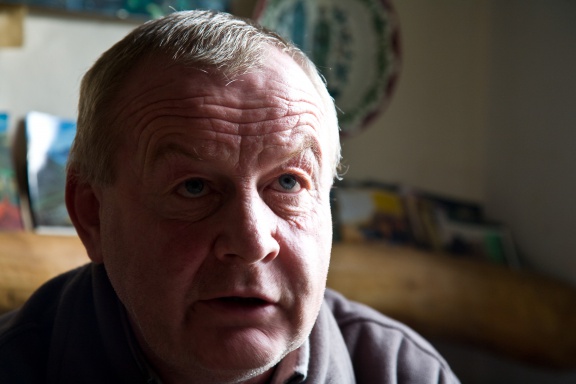Difference between revisions of "Mladina Magazine"
(nrb 2013 data update) |
|||
| Line 28: | Line 28: | ||
''[[Mladina Magazine|Mladina]]'' [Youth] appeared for the first time in January [[established::1943]] in succession to the former ''Mlada Slovenia'' [Young Slovenia], a magazine of the National Liberation Front published in 1941–1942. Since that time ''Mladina'' gained a reputation for challenging, investigative, and provocative reporting in the former Yugoslavia. In the independent Slovenia, ''Mladina'' continues to irritate the authorities and its role has remained controversial. The culture section gives an overview of the programme for the following week and covers current themes, mostly in the form of interviews, pieces of research or shorter event reviews. | ''[[Mladina Magazine|Mladina]]'' [Youth] appeared for the first time in January [[established::1943]] in succession to the former ''Mlada Slovenia'' [Young Slovenia], a magazine of the National Liberation Front published in 1941–1942. Since that time ''Mladina'' gained a reputation for challenging, investigative, and provocative reporting in the former Yugoslavia. In the independent Slovenia, ''Mladina'' continues to irritate the authorities and its role has remained controversial. The culture section gives an overview of the programme for the following week and covers current themes, mostly in the form of interviews, pieces of research or shorter event reviews. | ||
}} | }} | ||
| − | According to the National Research on Readership, in | + | According to the National Research on Readership, in 2013 ''Mladina'' was read daily by 63,000 people, which gives it a 3.7 per cent daily reach. |
==Comics== | ==Comics== | ||
Revision as of 21:22, 2 May 2014
According to the National Research on Readership, in 2013 Mladina was read daily by 63,000 people, which gives it a 3.7 per cent daily reach.
Comics
Since the late 1990s Mladina has encouraged the production of comics in Slovenia under the editorship of Ivo Štandeker (1961–1992). A strong generation of comic artists has emerged with Tomaž Lavrič, Zoran Smiljanić, and Dušan Kastelic as representatives. Lavrič's Diareja became the magazine's mascot and has been reflecting the daily politics for over 20 years. In 2010, Ljubljana's Museum of Modern Art featured an exhibition of his comics.
See also
External links
- Mladina.si website (in Slovenian)
- Tomaž Lavrič exhibition 2010 at Museum of Modern Art





